Katie struggled for three years to get pregnant. When it finally happened, she was overjoyed and held onto that gratitude throughout the pregnancy. She birthed her son and shifted joyfully into her new role as a mother.
Motherhood was not what Katie had expected.
Kyle struggled to latch and breastfeed, so she was constantly sore. Her son was colicky, restless when not held, and didn’t sleep well. At four months, the frustration and fatigue seemed to permanently set in, along with self-doubt. “What’s wrong with me that I can’t nurse? Why can’t I make him feel better? What am I doing wrong?” She had expected mothering instincts to kick in, but nothing seemed to come naturally for her.
She missed the freedom she had before Kyle came along. She had an aimless anger that would bubble over when struggling to lull him to sleep. She started to resent him, and twinges of regret seeped in for choosing motherhood. These were immediately followed by massive guilt for even having those feelings. If this was what she had longed for, why didn’t it feel good? The guilt and the anger swirled, and she cried often. She did not dare tell a soul for fear of what this might say about her as a mother. “I should be grateful,” she told herself, without feeling any comfort.
She struggled alone at home while her husband worked long hours. Their arrangement made financial sense, but she ached for a break, broader purpose, and space to herself. Her fatigue and unspoken resentment killed any desire for intimacy and put a rift in their marriage. The guilt simmered.
Was this really motherhood? She had no idea it would be this hard, or how much she could dislike being needed all the time.
Katie’s fatigue and mood swings prompted a visit to the doctor. He immediately prescribed antidepressants. “This is totally normal,” were his only words of attempted comfort. She mustered the courage to bring up her low libido to the doctor, and his humiliating solution was “try just having more sex.” The antidepressants didn’t help at all, and the helplessness swelled. She now felt broken, trapped at home, and like a failure at motherhood and in her partnership.
~
The process of becoming a parent involves suddenly turning all the attention we had focused on ourselves onto someone else. The flood of emotions and attachment takes us by surprise, and the responsibility is overwhelming.
Motherhood is physically and emotionally taxing, and the experience is almost never what we expected.
Parenthood is full of gains, but there are also significant losses. The loss of the life and freedoms we once knew. The loss of periods of silence and autonomy. The loss of restful sleep. The loss of a social life, especially if our friends don’t have kids yet. We retreat into our homes to care for our babies, losing connection and community. Many of us put aside our own passions for motherhood and lose our broader sense of purpose and contribution in the world. We often become disconnected from who we thought we were before motherhood.
These are massive losses. Very few women feel full permission to grieve them, leaving us with undigested and blocked emotions.
Katie’s experience is not unique. Many mothers feel trapped, alone, and frustrated. They struggle with an internal conflict they feel ashamed to talk about. Only when we free ourselves to grieve the losses, without shame, can we truly move on and root ourselves in the present to enjoy our experience of parenthood and our new selves fully.
If we continue to focus only on blaming or altering our external circumstances we’ll only feed that underlying simmer of dissatisfaction with parenthood. We’ll become disempowered and resentful. This isn’t about blame at all, in fact, it’s about learning where we have the power to alter our experience of motherhood.
Most moms are not in need of more pills, though some are greatly helped by them. In Katie’s case, mood swings, anger, low libido, and fatigue were her body’s way of telling her to grieve her losses, and let those emotions move through instead of burying them deeper. She also needed to reconnect with purpose, seek support for physical and emotional healing, and reconstruct her sense of self within motherhood.
Learning to feel the feels, and honor those feels for what they are is key in motherhood.
Allowing emotions to move through and flow is not always easy. It’s a skill that needs to be honed.
We have a chance to experience motherhood with a totally different playbook than our culture gives us. The choice is yours – how will you experience motherhood? This is what Vital Mamas is all about. We’d love to welcome you.
Click here for part 2: Five Truth Bombs About Motherhood
Author: Dr. Emma Andre

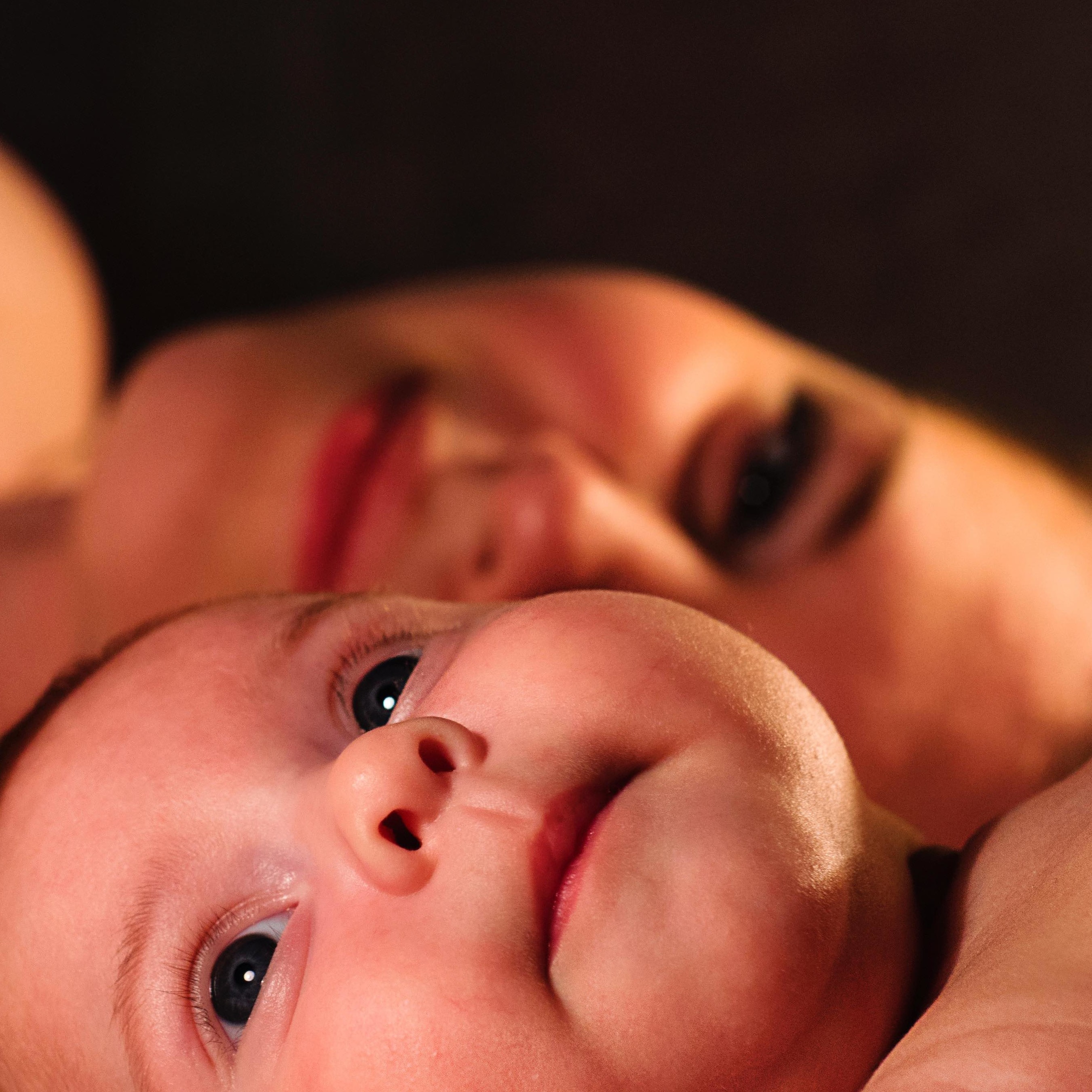


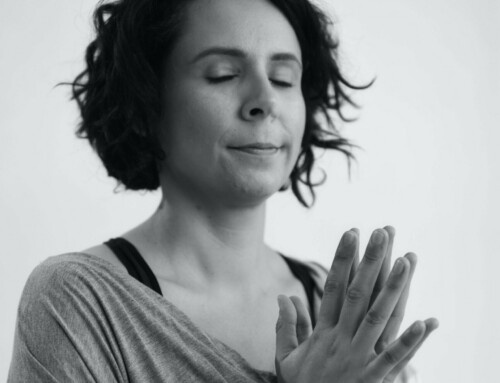
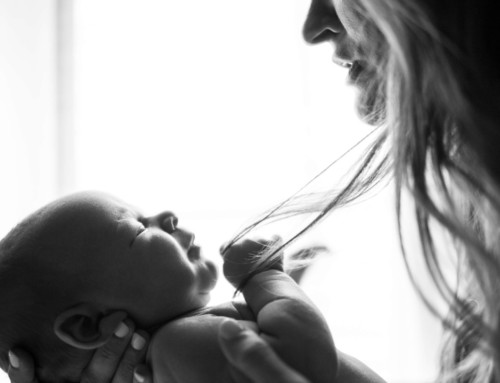


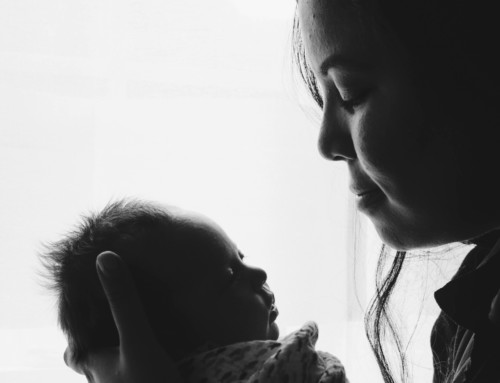



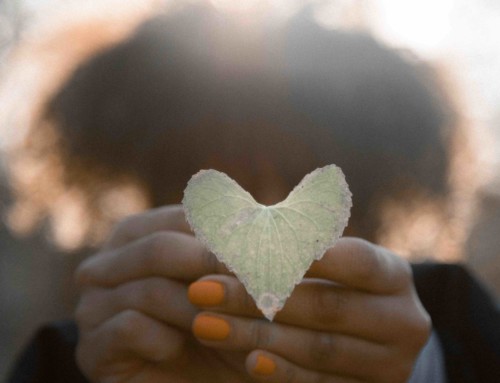

Leave A Comment